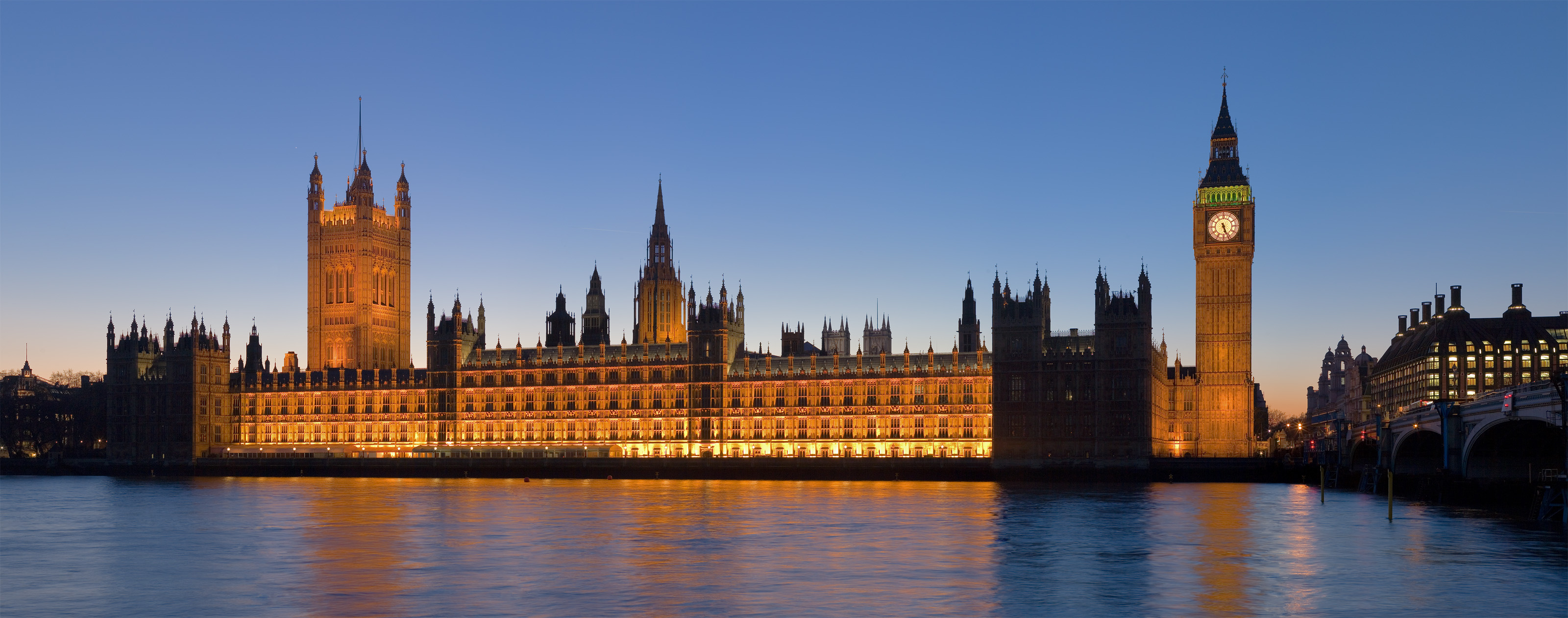 |
| Home Secretary, Theresa May (c) UK Home Office |
It's
official, Whitehall
is full of criminals.
Criminal
activity in the Whitehall area outstripped that of the riot centres
of Tottenham
and Hackney
in December 2011. Over twice as many violent crimes took place in
Whitehall, and possession, supply and production of drugs was
approximately 5 times higher there, than in either Tottenham or
Hackney.
Time
to get more police out to regain control of the streets of Whitehall?
Will residents, institutions and businesses in the area move out?
Will parents choose to move in order to send their children to school
elsewhere? Will it affect property prices? Will the area become
disenfranchised and run down?
Of
course not. Exclusion and marginalisation is not for those who live,
work and do business in this area.
Therein
lies the problem with ideas of crime mapping; spatially, it relies on
normative assumptions of crime to reaffirm 'problem people' and
'problem places'.
Described
as “a
feminist in kitten heels” by Amber Elliott, Theresa May
launched the new version of the UK's crime map. According to the BBC,
the Home Secretary revealed that
the new website would make the police more accountable:
"Since October, the public have been able to use the police.uk website to see how their force performs in a range of areas like crime rates, quality of service and victim satisfaction," ...
"[On Tuesday] we'll launch the next stage of crime mapping, in which we'll start to map crimes to or near a range of public places.
"By May, crime maps will show the public what happens after a crime has occurred - what action the police took and what the criminal justice outcome was."
"Armed with the information from those crime maps, people can attend their local neighbourhood beat meeting and hold their local police to account for their performance," ...
"That will help drive up local policing standards and help drive down local crime."
The map will now cover 'crimes' committed
in public places, such as nightclubs, subways, and parks.
As the statement above illustrates, the
assumption is that people will view this map as a means to ascertain
what crime is like in their (prospective) neighbourhood. Therefore,
people will not be using this map to assess the likelihood of
'crimes' close to where they work, thereby hiding other 'problem
areas' and 'problem people'.
It also fails to address who victims
might be and what recourse to help they have.
I do not know who the victims of the
crimes in Whitehall are. However, in amongst their number, I am
presuming that some will have been tourists, as this area contains a
number of well-known tourist sites.
 |
| Tourists consulting City of London map (c) David Iliff. License: CC-BY-SA3.0 |
If this is a reasonable assumption to
make, then it seems that crime mapping has not been produced with the
millions of tourist that visit our shores in mind, despite the
financial benefits that they bring. How might they attend future meetings?
Who are their local police force? How might they understand what is
happening with their case?
Whilst Theresa May asserts that crime
mapping will drive up local policing standards and that local crimes
will be driven down, it is already being used, but it does not appear
to have dramatically reduced the numbers of 'crimes' committed in
Whitehall between December
2010-December
2011.
Perhaps more pertinently, given that this
is a critical criminology blog, is the fact that crime mapping uses
normative, state-defined notions of 'crime'. There are a whole host
of crimes that are not included on this
map. State, corporate and environmental crimes are most obvious
in their absence.
Crime mapping does not include deaths
in police custody, as internal inquiries reveal that no criminal
action need take place. It would not include the rendition
of Libyan dissidents, because it is a civil case. Nor would it
include this
fraud, as it too has been investigated internally, rather than
criminally. Let alone state
environmental contamination.
Although these 'crimes' took places in
what might also considered public places, the latest crime mapping
website will exclude them as 'problem places'. In other words, we
will not see local police stations or financial institutions
identified as 'criminal' on this map.
Moreover, normative, state-defined
'crimes' include those UK
rioters who have been criminalised following their involvement in
the UK riots; ordinarily, would they have been punished (think
Bullingdon club exploits)?
Some 'crimes' have dubious origins. For
example, the construction
of anti-social behaviour orders, and their expansion from their
original, intended use, have led to the prosecution of thousands of
young people.
The above demonstrates how the state,
through its institutions such as the criminal justice system, has the
power to define and reconstruct what 'crime' is. By mapping the city
through these definitions, certain places become identified as more
of a 'problem'.
Stigmatisation follows, as people and
businesses move out, leading to a downturn in private investment in
the area, whilst government cuts hit welfare services that the more
socially and economically disadvantaged need. This is the real
'crime'.
As my Whitehall example demonstrates,
crime mapping in its present form is a nonsense.









